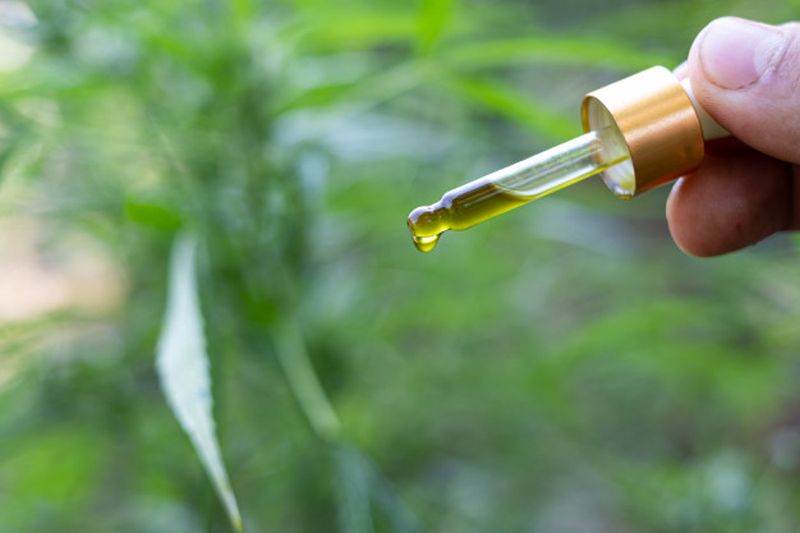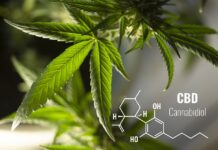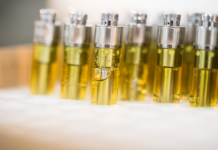While cannabis was once exclusively known for its use as a recreational drug, recent years have seen whole new ranges of products derived from the famous five-leafed plant, such as cannabis oil and CBD oil, and plenty of new uses for each and every one of them, from topical beauty treatments, which you can learn more about on Allure to relaxing recipe ingredients.
Since the cannabis industry tends to move and evolve so quickly, there are many misconceptions about the different cannabis-derived products on the market, such as cannabis oil, hemp oil, and CBD oil. Many people mistakenly use these terms interchangeably, unaware that there are some important differences between them. Let’s take a closer look at each one to help you tell the difference.
Introduction To Cannabis
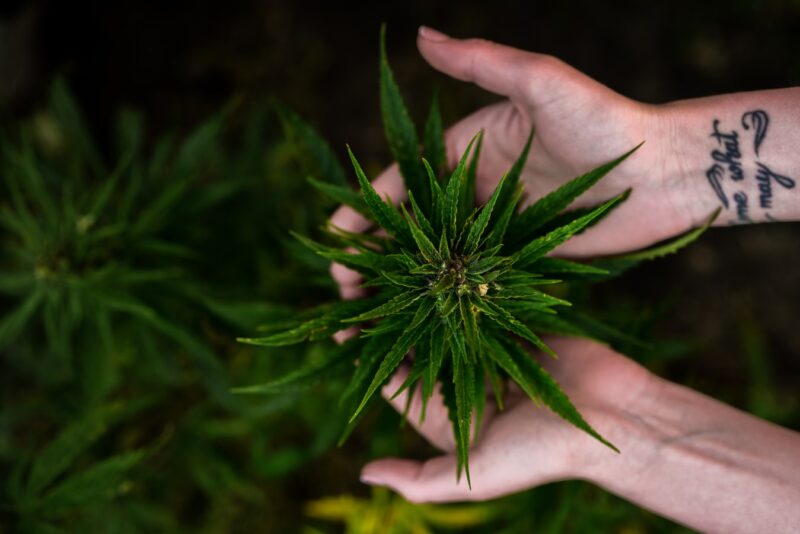
A big part of the confusion that comes along with terms like ‘cannabis oil’ and ‘CBD oil’ stems from the fact that many people have a very loose definition of what cannabis actually is. The word cannabis can be applied to hundreds of different plants, as detailed by Med Well, each with their own biological make-up and properties.
While cannabis oil, hemp oil, and CBD oil all come from cannabis plants, they are typically derived from different varieties of cannabis, giving them very different ingredients and uses. They can contain totally different amounts of THC, for instance, with THC being the main psychotropic ingredient that has helped cannabis become such a popular and widely-used recreational drug.
What Is Cannabis Oil?

Cannabis oil is a concentrate that has been derived from cannabis plants that are high in THC, hence the fact that you might also see this oil sold under the name “THC oil” or “marijuana oil” from time to time. Due to its THC content, cannabis oil is most commonly used for relaxation or to help with pain relief or high-stress levels, and because it’s so rich in THC, it isn’t legal in most countries around the world.
Cannabis oil is made by extracting cannabinoids directly from the plants, which you can learn more about here, and then adding those active ingredients to a carrier oil. Since there are no limits on the amount of THC in cannabis oil, the extraction process is quite broad, with little care paid to careful extraction of individual compounds. Due to this quite vague process, cannabis oils can have wildly different THC concentrations and cannabinoid content.
Usually, the lower quality extraction methods used for cannabis oil result in a very thick, black product, filled with a wide range of different compounds. The high amount of THC in a typical vial of cannabis oil can lead to a wide range of physical and mental effects like reduced reaction times, loss of concentration, and an increase in appetite.
Is Hemp Oil Different To Cannabis Oil?
Hemp oil is very different from cannabis oil. It’s made by cold-pressing the seeds from the hemp plant, which is a special type of cannabis plant that has very low amounts of THC. Since hemp oil has very low amounts of THC, it is legal in many countries and is even used in some industrial settings, such as for wood varnish.
According to Healthline, hemp oil can also be used as a beauty product, with some users reporting that it helps to provide smooth skin and shiny hair. Some studies suggest that hemp oil is an effective skin moisturizer, able to nourish the skin without clogging up one’s pores, perfect for those who struggle with overly dry or oily skin. It may also be used to treat conditions like dermatitis and has been linked with anti-aging effects too.
In terms of practical use, hemp oil can be applied directly to the skin, which is often recommended for patches of particularly dry or damaged skin. It may also be blended with various essential oils to give it new properties and more pleasant odors, and there are options to take hemp oil orally as well, but medical experts should always be spoken to before you begin taking hemp oil in this way.
How About CBD Oil?
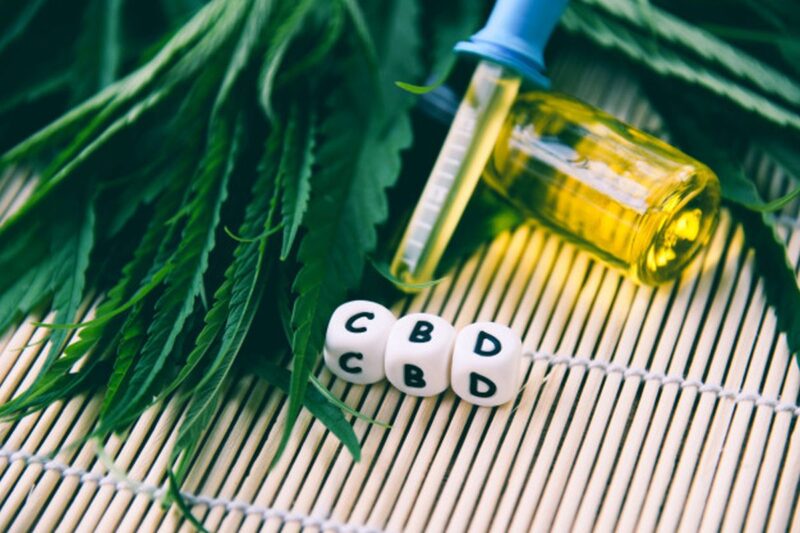
Lastly, we come to CBD oil. CBD stands for cannabidiol, and this type of oil is extracted from cannabis plants (often hemp varieties) that contain high amounts of CBD. This kind of oil contains no THC supplement or natural remedy to help deal with a wide range of health problems, with various ongoing scientific studies aiming to prove the effectiveness of CBD oil when used to treat a range of issues and ailments.
Healthline lists some interesting possible uses of CBD oil. It can, for instance, be used to relieve pain and may be recommended to those suffering from conditions or injuries involving chronic pain. It can also help with mental health problems like depression and anxiety, and studies have even linked it to providing relief for the symptoms of cancer and cancer treatments too.
In terms of how it is taken, CBD oil can be purchased in a variety of formats, including pure liquid form, capsules, sprays, creams, and even e-cigarette cartridges too, so there are a lot of options in terms of how it can be used, allowing those who use it to choose a method that works best for them. While CBD oil is often associated with smoking and vaping, many people choose to use it in other ways, like creams, salves, or capsules.
Three Distinct Varieties
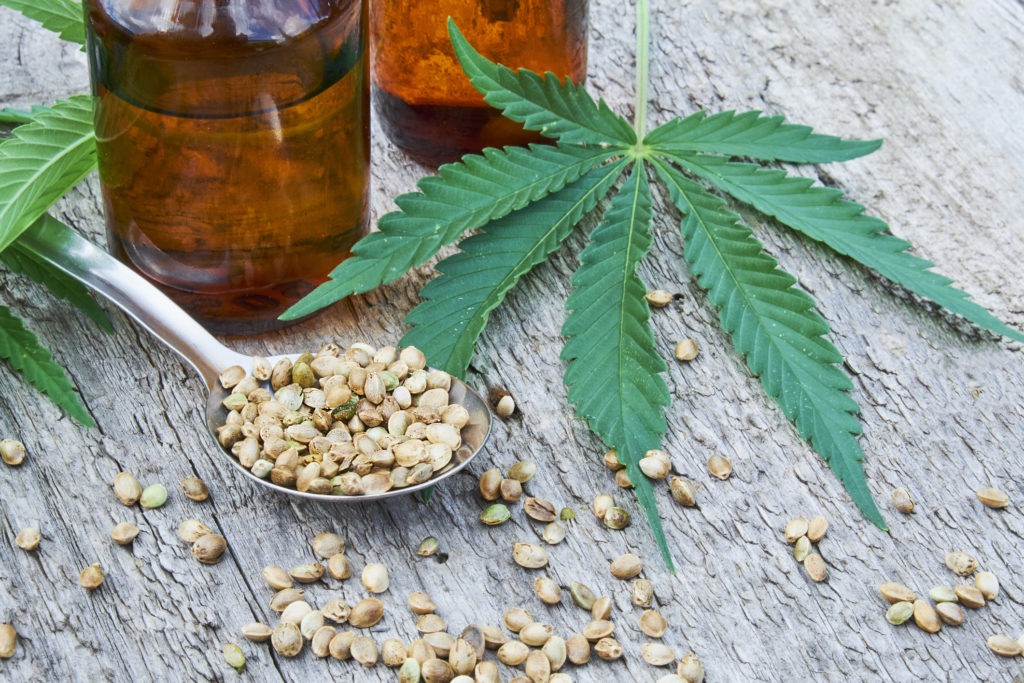
Since CBD oil, cannabis oil, and hemp oil are all made from cannabis plants, it’s easy to get them mixed up or accidentally assume that they’re all the same thing. However, as we can see, each oil has its unique method of production, biological structure, and range of uses, not to mention the fact that the legality of each of these different oils is very different too, with cannabis oil being outlawed in most places and CBD oil being perfectly legal in many locations. Hopefully, this guide has helped you get a better understanding of each one.

